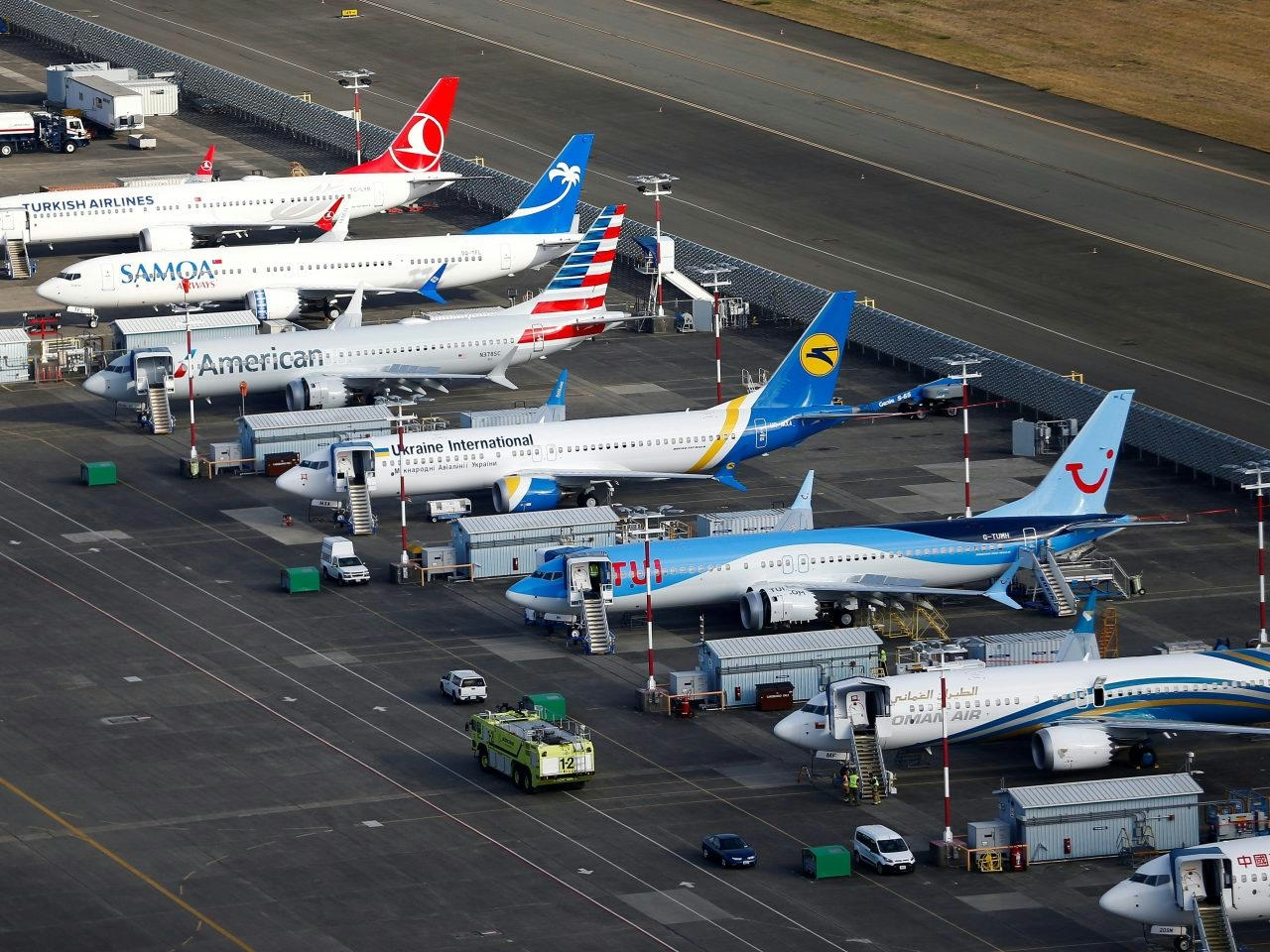
AeroGenie: Su copiloto inteligente.
Tendencias
Categories
Ansett’s Collapse Highlights Challenges in the Emerging AI Travel Era
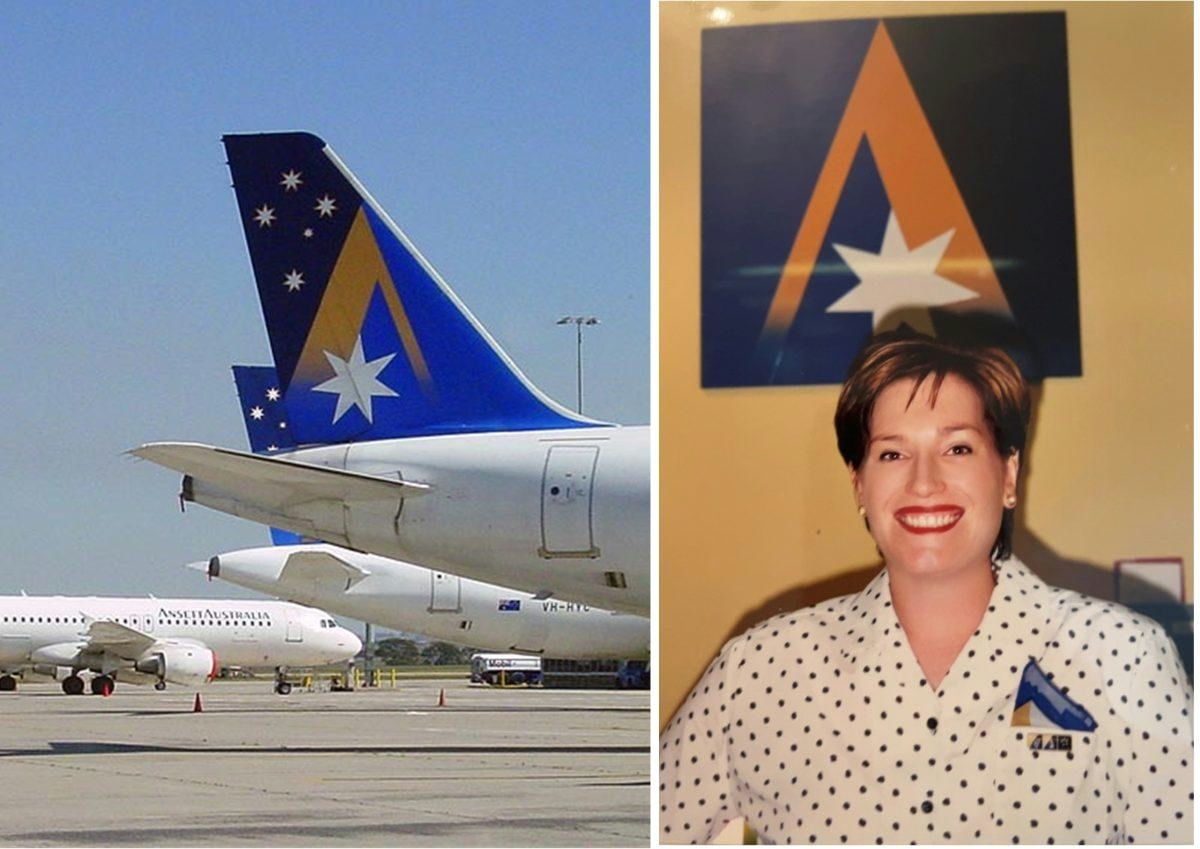
Ansett’s Collapse Highlights Challenges in the Emerging AI Travel Era
Reviving a Legacy Amid Technological Disruption
Would consumers entrust artificial intelligence with planning their next holiday, especially through a service bearing the name of a twice-bankrupt Australian airline? Melbourne-based digital marketing strategist Constantine Frantzeskos believes they should. He is spearheading the revival of the Ansett Australia brand—once the nation’s second-largest airline—by launching Ansett.Travel, an AI-powered online travel agency.
This initiative arrives at a time when the travel industry is undergoing profound disruption driven by advances in artificial intelligence. The original Ansett’s collapse serves as a stark reminder of the risks inherent in market upheaval, particularly when demand fails to meet the scale of investment. In the current AI-driven travel landscape, similar challenges persist: if consumer adoption of AI-based services does not grow as expected, companies may encounter severe financial difficulties.
AI’s Transformative Impact and Emerging Challenges
Artificial intelligence is already reshaping the way travel is booked and managed. Automated systems promise enhanced efficiency and improved customer service, potentially reducing reliance on large customer support teams. Yet, this technological evolution is not without controversy. AI-driven airfare pricing, for instance, has ignited debates over transparency and fairness, with travelers expressing concern about opaque algorithms determining ticket costs.
Beyond pricing, the industry is grappling with broader shifts. International travel patterns continue to evolve in the aftermath of the pandemic, while AI increasingly influences areas such as loyalty programs and demand forecasting. Companies like Ansett.Travel are betting on technology to streamline operations and deliver personalized experiences. However, they must also navigate the complexities of changing consumer expectations and heightened regulatory scrutiny.
Frantzeskos’s decision to revive the Ansett name encapsulates both the promise and the pitfalls of the AI travel revolution. While artificial intelligence holds the potential to transform the industry, the history of Ansett underscores that innovation alone does not guarantee success.

Pratt & Whitney Opens European Center Focused on Sustainable Propulsion
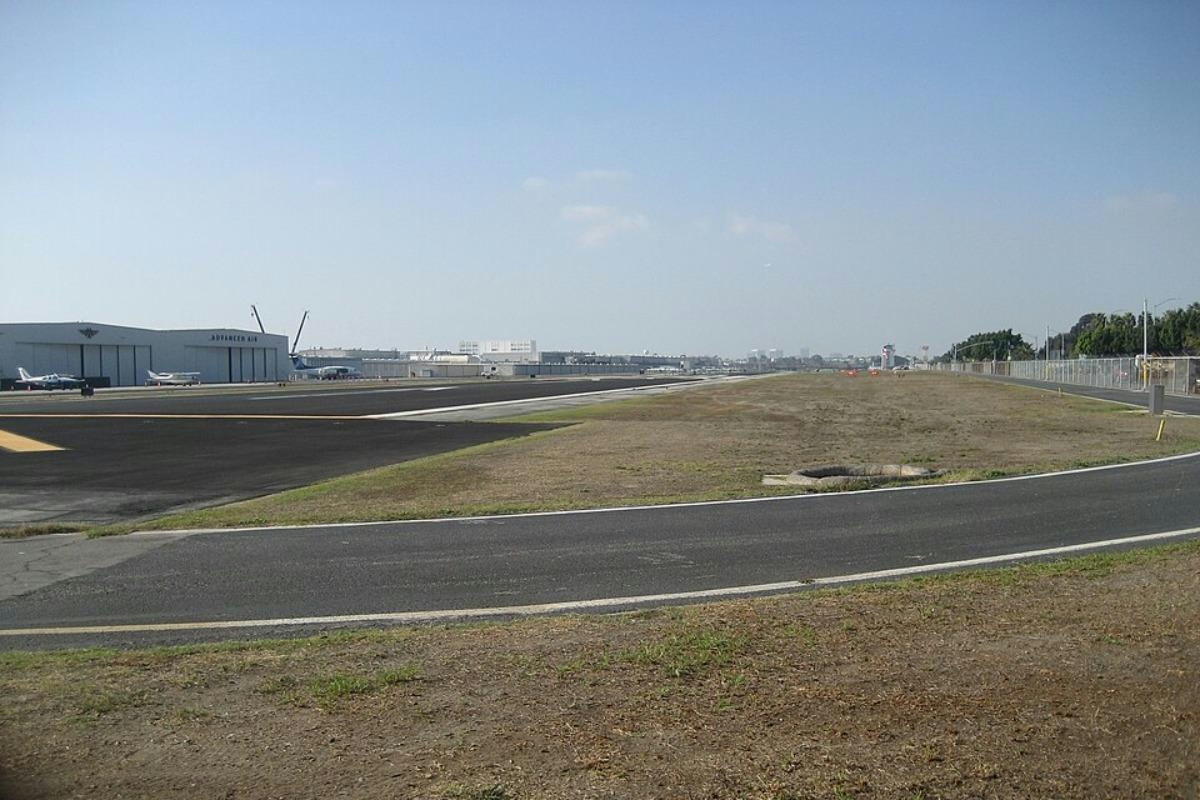
Archer Aviation Acquires Hawthorne Airport for $126 Million

Israel’s Iron Beam Laser System Receives 2026 Aviation Week Laureate Award
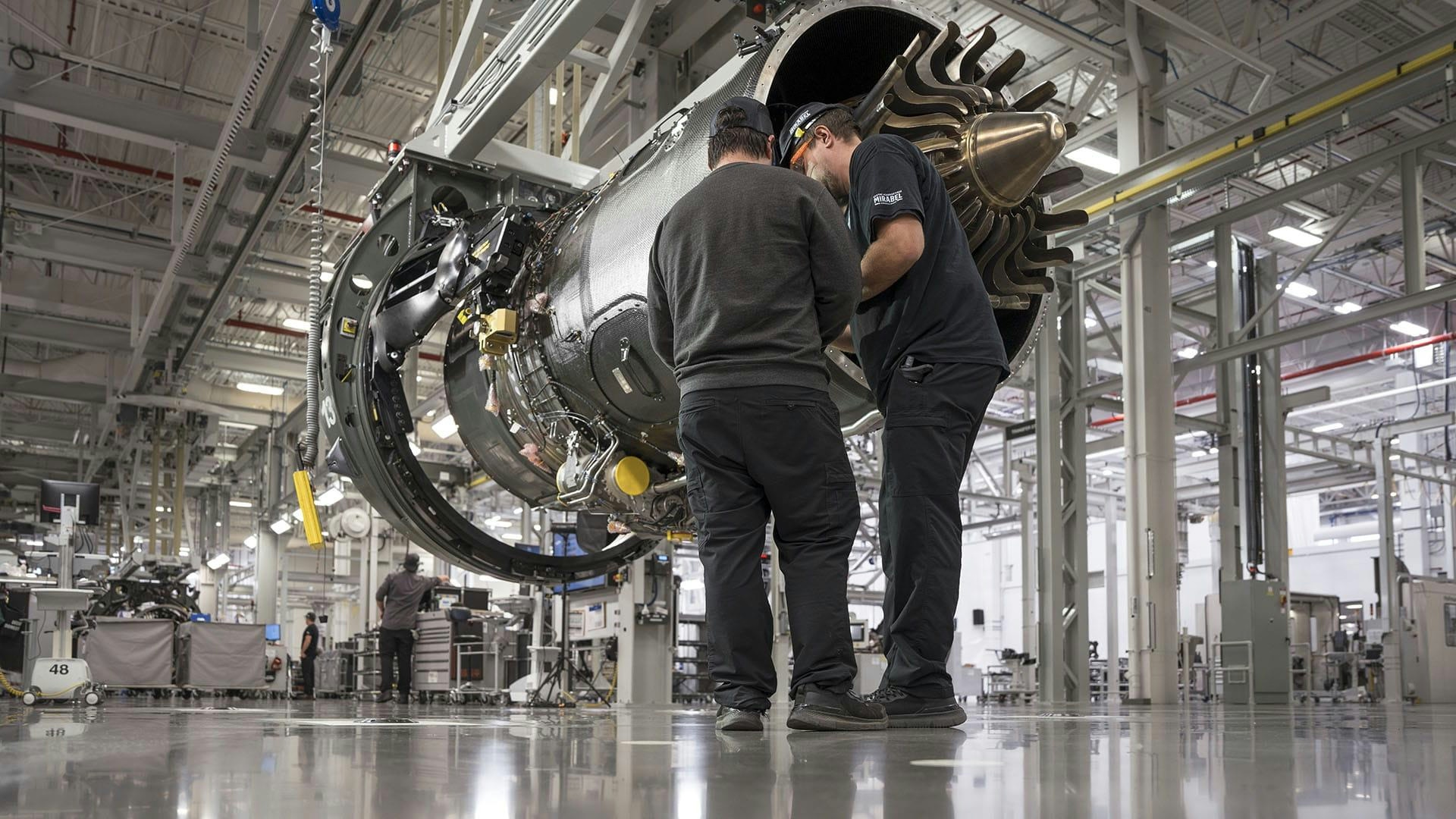
IAE Commits to GTF Engines for Future Narrowbody Aircraft
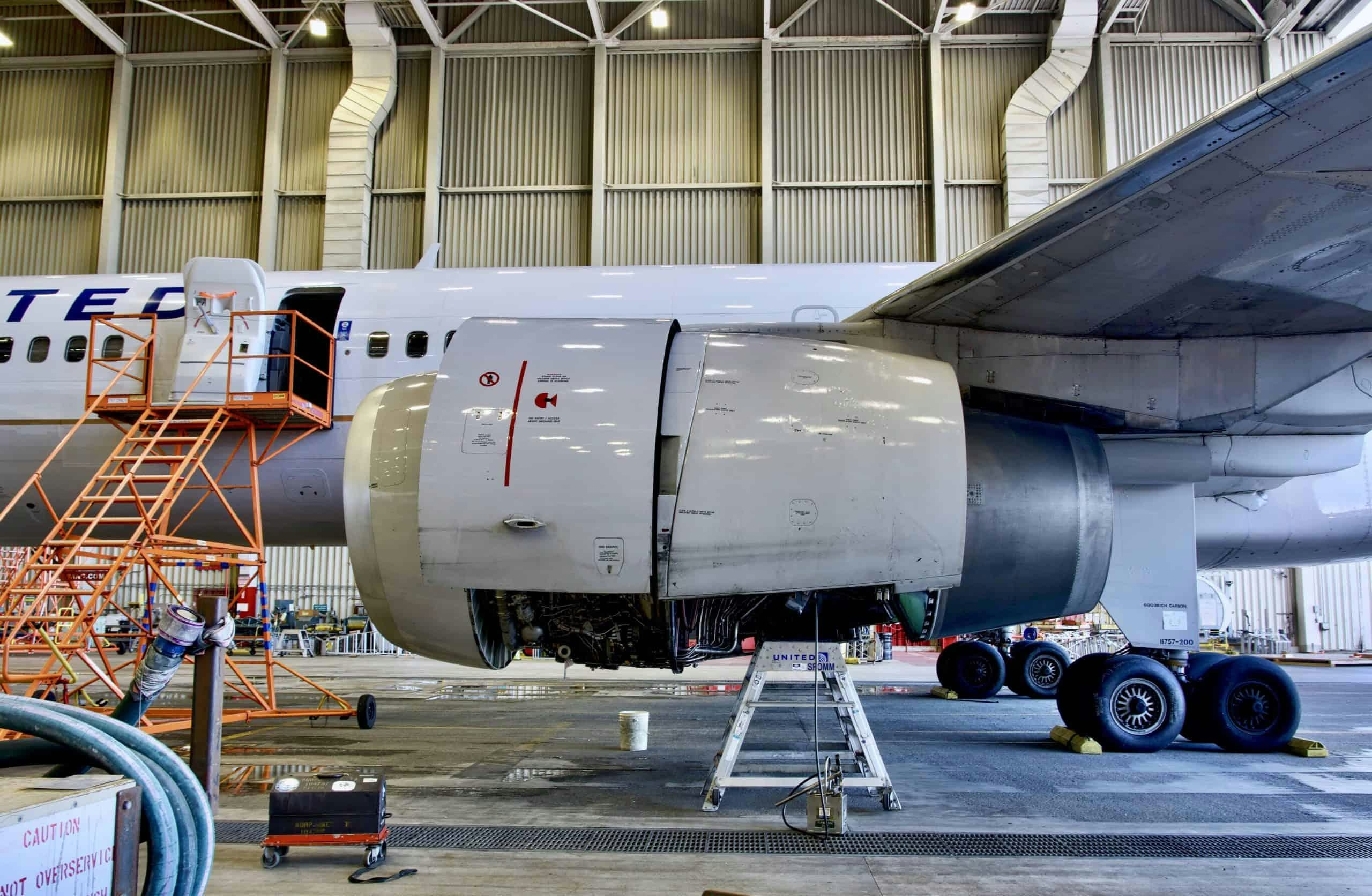
Why United Airlines Continues to Operate Its Aging Boeing 757s
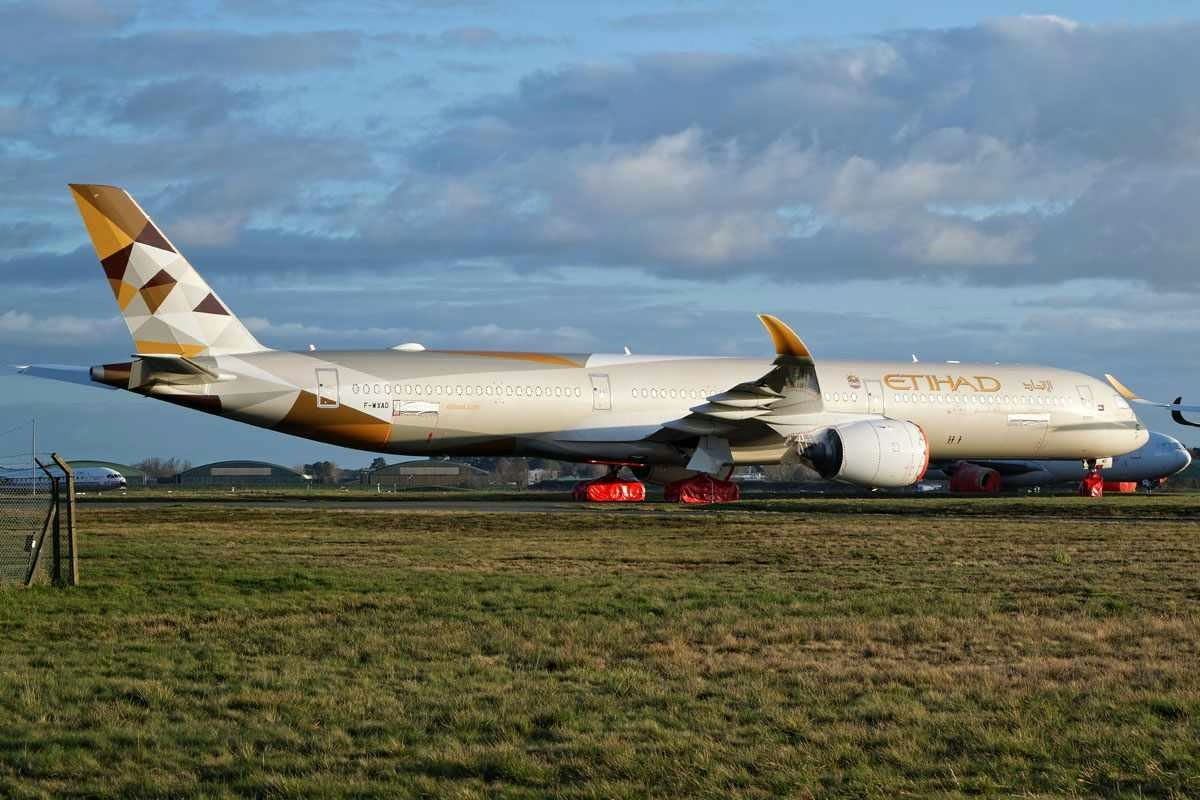
Etihad Considers Additional Airbus A350 and A330neo Orders

UAE Launches Hili, Its First Hybrid Cargo Plane
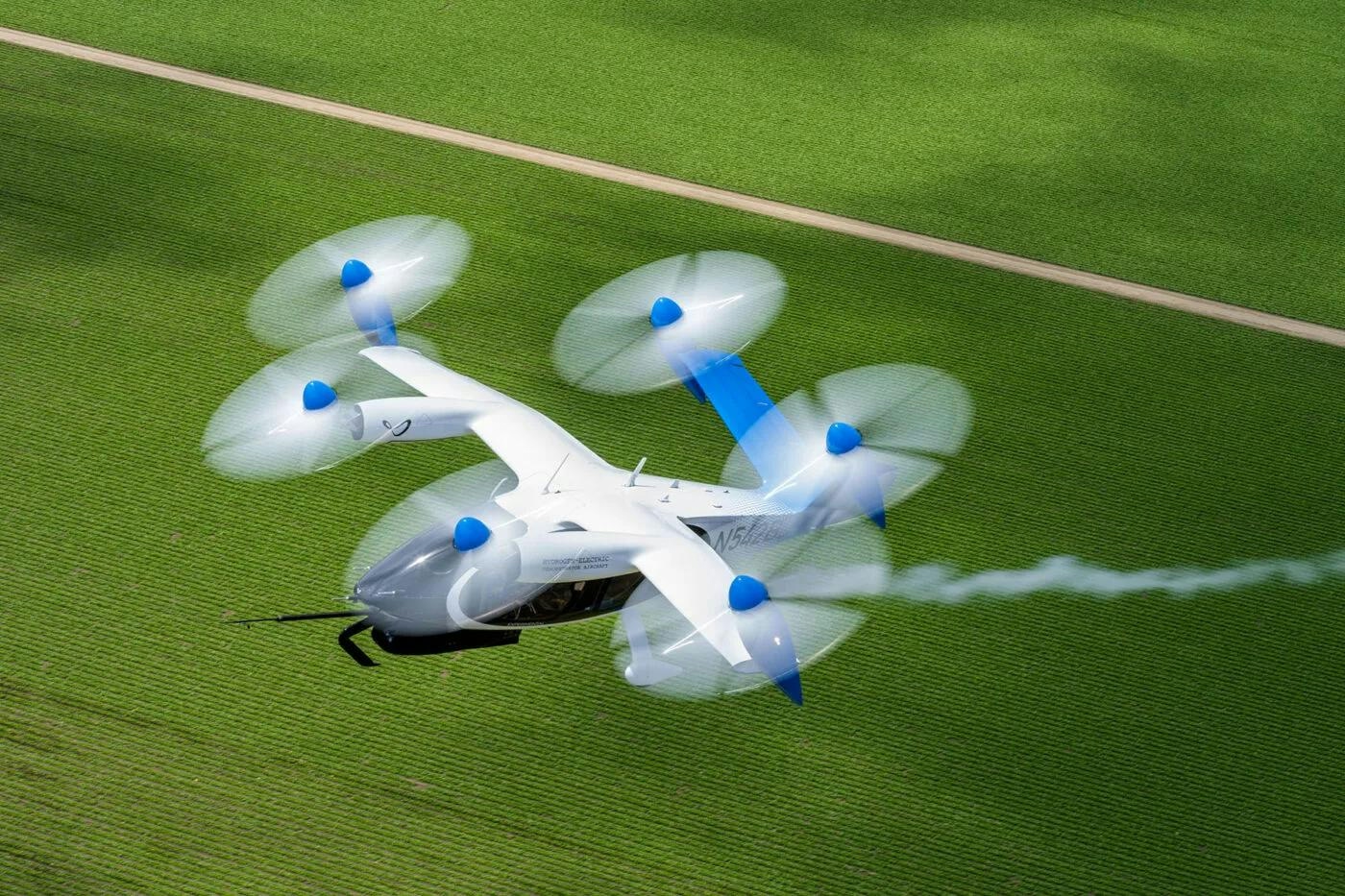
Joby Completes First Flight of Turbine-Electric Demonstrator Aircraft

Lufthansa Technik Introduces New 'Nice Intellitable' System
